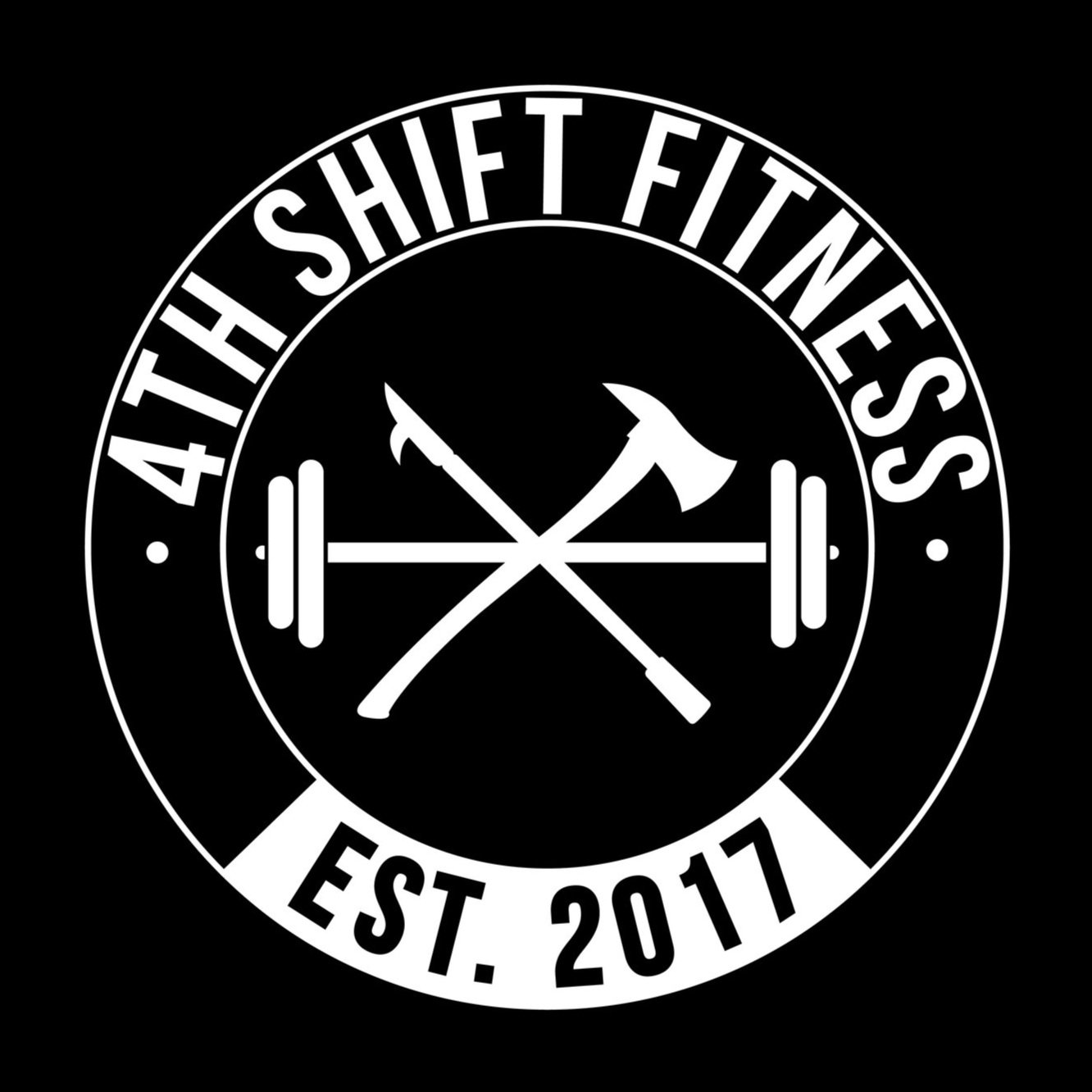A couple of years ago, I was given free reign to revamp our SCBA consumption course. The consumption course is something we do once a year and is a set of physical tasks that are done while wearing full gear and 'on air'. It gives us an idea of how long our air bottles will last while working. The old, familiar model just wasn’t doing its job and was beginning to look and feel like an arbitrary batch of tasks meant to make people sweat and get frustrated or even worse yet, bored. The old circular shaped course would put three to four people through at the same time and result in people constantly having to skip certain elements due to being too crowded. Furthermore, it was unable to be standardized or have reliable or valid data drawn from it that could be compared year to year. The result of the reform was a completely different course, three courses in fact so that each member has their own set of implements and obstacles that are directly relatable to fireground tasks and using props with similar or identical weight to their intended corresponding tools. The new course is consistent, purposeful and measurable. The time spent on the course can be averaged with the number of ‘laps’ completed to provide an output range. There are no extreme end range of motion movements or overloaded tasks. It integrates job related tasks and fine motor skills in a format designed to challenge but give an accurate assessment of each firefighter’s abilities. Recently, while running three of our newest firefighters through this course, its true value was realized.
On the seventh round of the course, the firefighter was returning to the starting position to begin lap eight when she was about to put one tool down and pick up another, a firefighter standing buy yelled out “Nice job, keep going!” The combination of her dropping the tool, the noise of breathing and most notably her fatigue combined and produced confusion. She stopped and turned to ask the firefighter what he had said and after a brief but confusing exchange, she turned back to the course. When she did, she may as well have been on the face of the moon. Even though she had completed the course seven times prior in just the last fifteen minutes, the interruption had completely wiped her brain of what she was doing. We watched as she tried to pick up where she had thought she left off, then pause and restart again somewhere else, before stepping in and setting her back on her way.
After she had completed her time, we opened the discussion to how fatigue affects us all. Whether it be acute fatigue like she experienced or chronic fatigue from a decade of stress. The fact of the matter is that we will all be fatigued at some point and we will still have a job to do. As I’ve said before, there is no ‘too tired to respond’ button on our MDT’s and you don’t have a choice not do to your job. You can do it extremely poorly, but it still has to be done. I vividly remember standing in a seizure patient’s living room at 4:30 am tasked with drawing up the appropriate medication to administer. The medication comes in a 5cc dose and a 1 cc dose depending on the route given. I had picked up the syringe for the smaller volume, but the vial of the larger one. There I was, with a little 3cc syringe on one hand, and a giant 5cc vial in the other. I stood there dumfounded and completely unable to reconcile the two. Unable to recognize that the correct vial of fluid was still in the med box and I was literally attempting the impossible. I finally turned back to my someone else in the crew and asked “Why can’t I figure this out?” It was after a full day and night of running and by 4:45 am, fatigue had won, but the patient still needed care and after all that I still needed to drive the patient to the hospital.
Fatigue comes in many forms and so does managing it. Building a resilience to physical fatigue will allow us a better chance of thinking clearly when needed. Of course, at a certain point there is just not much left to give and thinking clearly is more luck than skill but starting the day in a condition that allows you to have some left in the tank at the end is always good. Managing our chronic fatigue will afford us a greater ability to act day in and day out. Trying to change distress to eustress, using correct support channels when needed, and identifying when that overtime shift just isn’t worth the money for the mental strain that you’re rolling the dice with. If you need someone to be your advocate, 4th Shift Fitness is here to do that as well.
Be Prepared For Your Shift.
